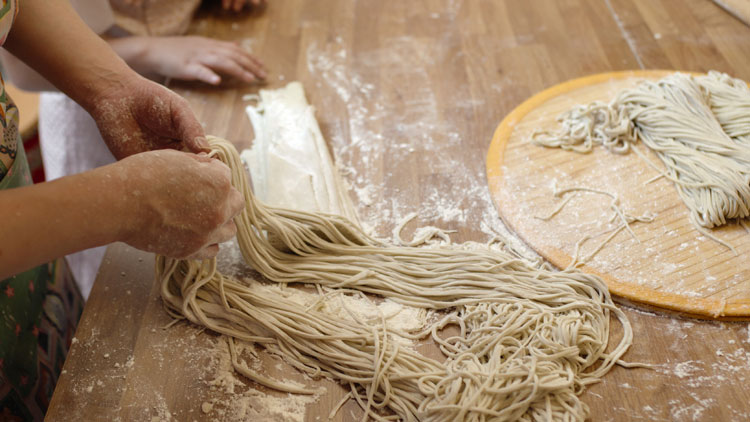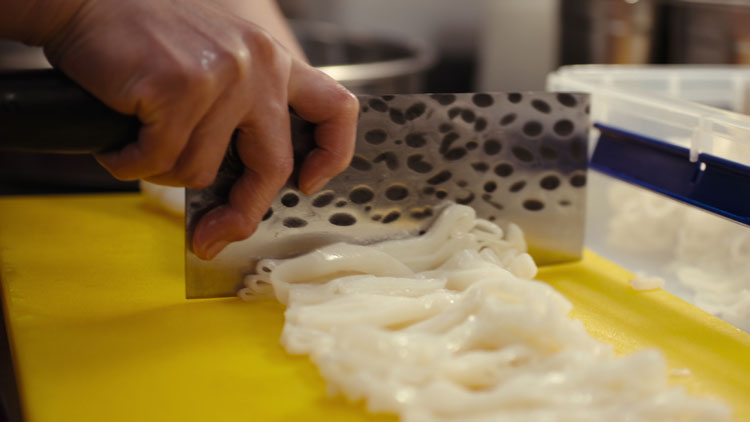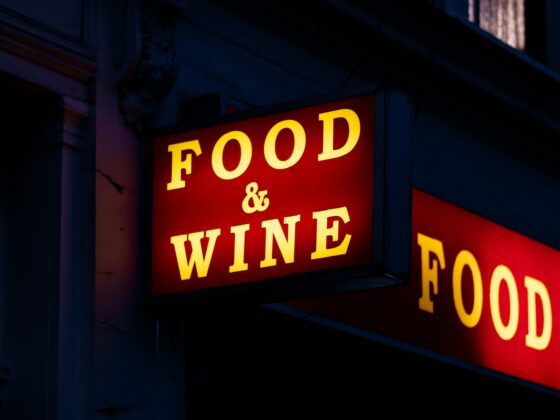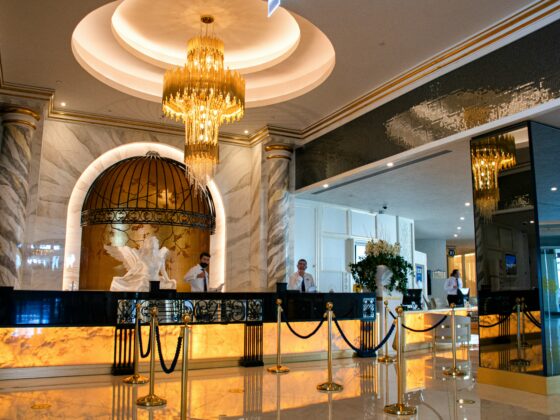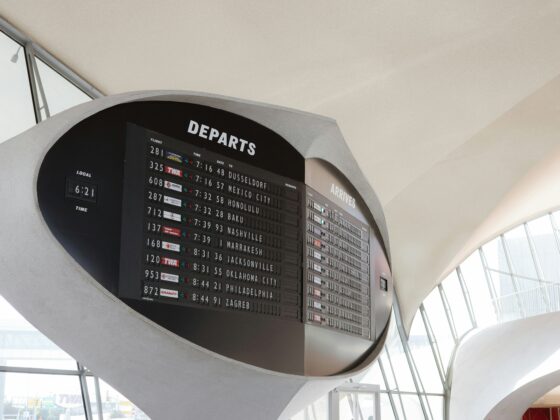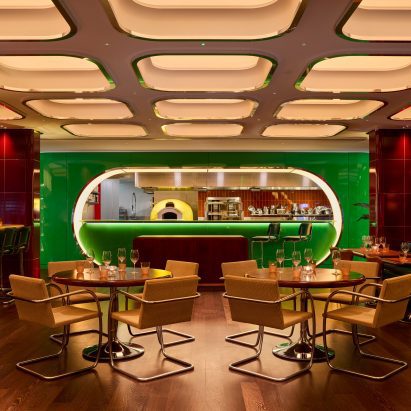How did the Chef’s Table project come about?
Netflix approached me last summer after visiting secretly. When they called, I thought it might be a scam. I was so surprised, I felt very lucky. Chinese food is so popular in London, but my regional cuisine has been underrepresented until very recently. This is my passion, to put Shaanxi food on the map. I was worried that Londoners wouldn’t be receptive to traditional Shaanxi food, but I didn’t want to compromise. So far, people have loved it.
What makes Shaanxi food different to food from other regions of China?
Xi’an is an ancient capital of the world and a cultural hub of China. Our cuisine is influenced by the Silk Road and the Muslim population here. You can taste that in our spices. We also have the important tradition of wheat-based food, which is related to our colder climate in the northwest of China. Chinese food in London is often based around rice, due to Cantonese immigration from Hong Kong and Guangdong. But in north China wheat is more important in dishes such as dumplings, breads, and noodles. Xi’an is famous for its noodles.
What are the key types of noodles from Shaanxi province?
We have so many varieties, the most famous of course being the biang biang noodles. Another important dish is liang pi cold skin noodles, which are made by deconstructing dough into wheat starch and gluten. They are then served at room temperature with cucumber slivers, garlic and vinegar. It’s very refreshing. One of my favourites is Qishan hand-pulled noodles with pork in soup – it’s traditional in my hometown and is delicious. Wheat is incredibly precious, I would like more people to appreciate the taste and textures, which has so much variation. And wheat noodles have a rich and unique aroma. Even without seasoning, you can appreciate the special fragrance of homemade noodles.
Tell us about your background
I was born in a village of 800 people in the south of Shaanxi province. We were a poor family, and I was the eldest child with two younger sisters. As is common in China, my parents thought it was my responsibility to bring in a live-in son in law, but I had other ideas. I wanted to experience the world. My first job was at the local paomo place (a restaurant that majors on paomo, a dish of boiled meat in broth with cellophane noodles, served with broken-up bread, spices and lamb oil) washing dishes. I would watch the master chef and think ‘that looks cool, I want to do that”. Soon after, I decided to move to Xi’an, a 10-hour drive away to study to become a chef. There are very few female chefs in China. I was one of only four women chefs in a cohort of almost 1,000 in my culinary school. After I graduated culinary school, I worked at a hotel restaurant in the Xi’an. After a few years I was promoted to head chef. I was one of the only female head chefs in the city at the time.
Why did you come to London?
I wanted to go out into the world to learn more. I came here with nothing, I didn’t speak any English, not knowing anybody and I had never been on a plane. In 2008 I had the opportunity to move here and work at Barshu (the noted Sichuanese restaurant on the fringes of Chinatown). I wanted to earn good money and buy my parents a house back home. Barshu was a successful restaurant, I learned a lot. I was the only chef on the team not from Sichuan. It wasn’t my Shaanxi cooking, but it was closer than the Cantonese restaurants that were even more dominant in London at the time. At Barshu I soon started to cook Shaanxi food for the staff on Sundays. They liked it very much. It inspired me to open my own restaurant with my hometown cooking.
Tell us about your London restaurants
I launched Xi’an Impression opposite the Emirates Stadium in Highbury in 2015. I’m still involved but my husband Song Yong is more directly involved now. In 2019 I opened Master Wei just down the road from The British Museum in Bloomsbury (a second Master Wei launched in Hammersmith last year). Earlier this year, I opened Dream Xi’an near Tower Bridge, which has a much larger kitchen than my other places and consequently serves a more varied menu.
Has Grace Dent’s rave review of Dream Xi’an been good for business?
It was an honour for Grace to review us, she also reviewed Master Wei shortly after we opened. It definitely boosted our business and has helped more people learn about our culture and cuisine. I want to spread our shaanxi noodles to more people around the world. I would love to open more restaurants in London soon.


